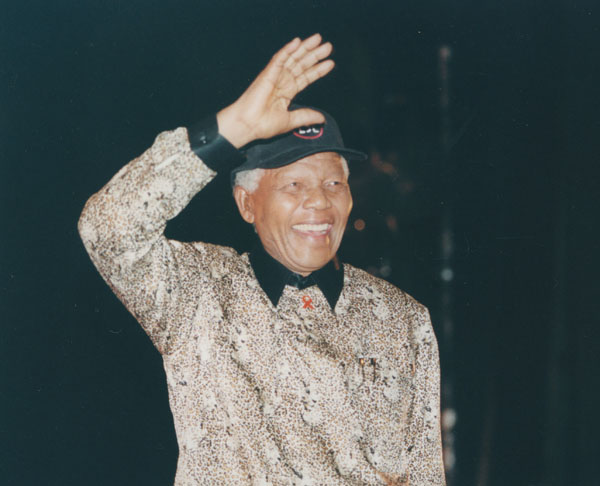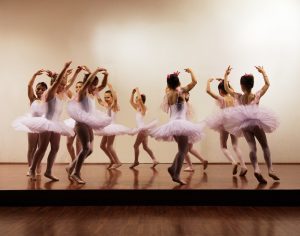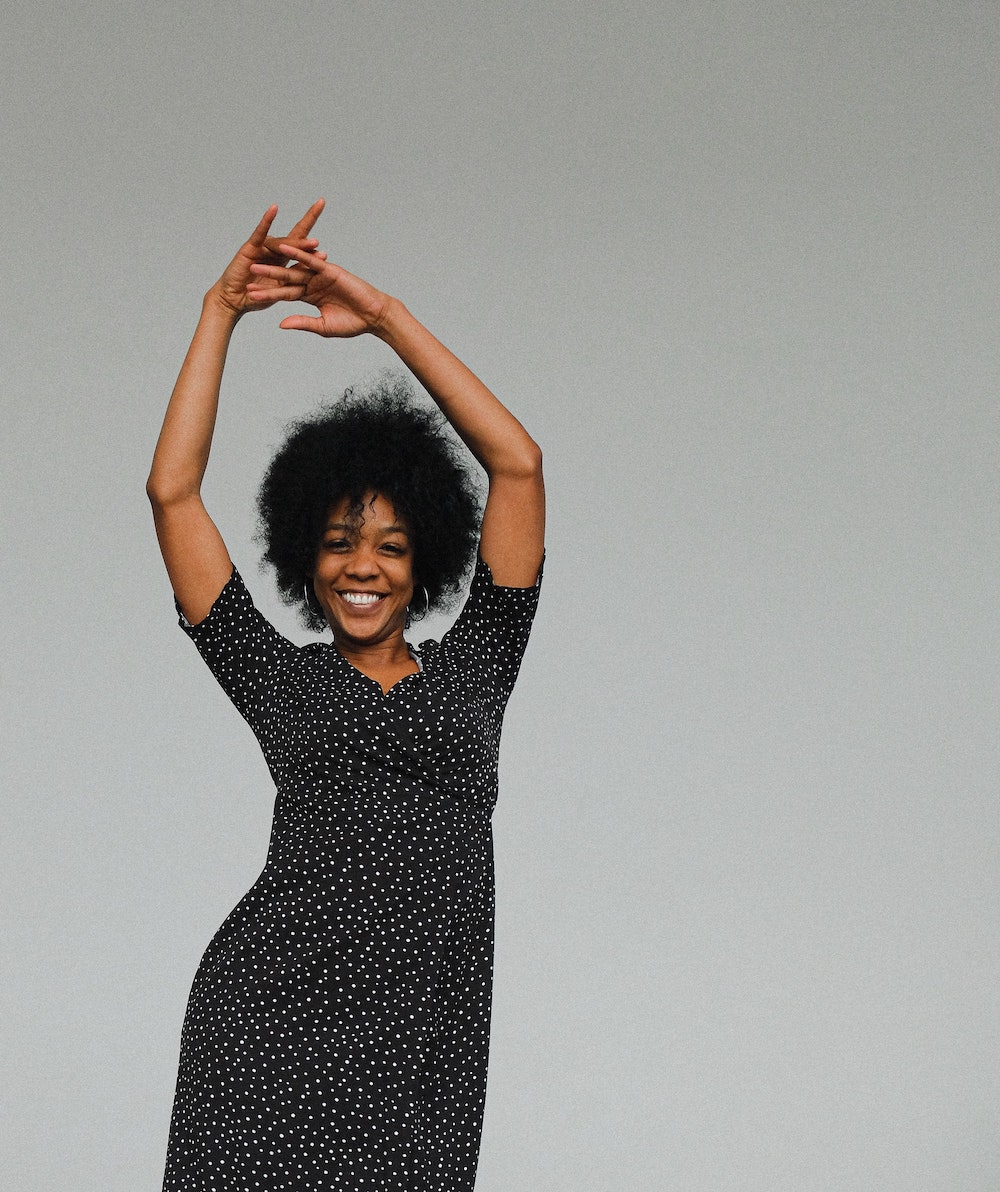Nelson Mandela spent 27 years in prison, much of it in solitary. He came out a better man. Of course he struggled, and it was hard, but there were certain things he did that got him through. In creating the THRIVING IN CAPTIVITY coaching group and this series of essays, I have been inspired by Mandela. What more can we learn from this great leader?

Let’s look at how he got through his imprisonment. First, he created a sense of community when he was able to be with the other inmates. Then, he found a sense of purpose by fighting for his beliefs. And finally those who had the good fortune to meet Mandela often commented on his playful nature.
Blake Bromley, an international charity lawyer who met Mandela, writes in the Huffington Post, “…he had a unique ability to respond to any issue with wit and humor…”
This ability to wear life like a loose garment, to let go, and to play is more than what it at first appears to be.
Play is More Than What it Seems
Play is an invitation to connect, and a powerful context for making meaning. Whenever we allow ourselves that levity—whether it’s in conversation or on the monkey bars—we are opening a door.
One reason is because there is no “wrong” way to play, so we can immediately relax a little. We are liberated at play. It enlivens us and energizes us—it eases our burdens. It renews our natural sense of optimism and opens us up to new possibilities.
And it has purpose, however nebulous. In his book Play, How It Shapes The Brain, Opens the Imagination, and Invigorates the Soul, Stuart Brown, MD writes, “Play is a powerful biological process. It has evolved over eons in many animal species to promote survival. It shapes the brain and makes animals smarter and more adaptable. In higher animals, it fosters empathy and makes possible complex social groups.”
 Play is a developmental process. For example, when we see lion cubs play-fighting—yes, they are playing, but they are also learning how to fight–they are learning how to be a lion. Just like children playing house are learning what ‘house’ is all about.
Play is a developmental process. For example, when we see lion cubs play-fighting—yes, they are playing, but they are also learning how to fight–they are learning how to be a lion. Just like children playing house are learning what ‘house’ is all about.
Play is Part of Connection, and Connection is the Opposite of Addiction
Play also affects our mood. Sometimes work or other responsibilities mean we have to set play aside for a while; there is a time and a place for everything, certainly. But when we don’t make any time for play, we suffer. “When play is denied over the long term, our mood darkens,” Brown writes. This can go especially awry for someone in recovery—to say nothing of someone in ‘captivity.’
Rat Park was a series of studies on drug addiction conducted in the late 1970s by psychologist Bruce K. Alexander and his colleagues at Simon Fraser University in British Columbia, Canada. Researchers had already proven that when rats were placed in a cage, all alone, and offered two water bottles—one filled with water and the other with heroin or cocaine—the rats would repetitively drink from the drug-laced bottles until they all overdosed and died.
Alexander hypothesized that this was not only about the drug, but also about the setting the animals were in. So, he put rats in “rat parks,” where they had access to other rats and toys and were free to play. They still had the same two types of drug-laced bottles. When inhabiting a “rat park,” they remarkably preferred the plain water. Even when they did imbibe from the drug-filled bottle, they did so intermittently, not obsessively, and never overdosed.
The British journalist Johann Hari famously said that “the opposite of addiction is not sobriety—it is connection.” And play is part of how we connect. It is an opportunity to see and be seen—to learn about ourselves and our fellows, about life, and about what works. To create an inner map of ourselves and others.
One of the most important things we ‘higher animals’ learn by playing is emotional intelligence. But in order to get that, we have to be willing to let go of getting it right. Play gives us the opportunity to let go in a low-risk situation, so it is preparing us. It is how a cub grows into a lion, a girl grows into a woman, a man grows into a leader.
A Sacred Lesson
Play is not about being great at something. It is about being authentic. When we play, we are engaged in the purest expression of our humanity, the truest expression of our individuality.
 I have always loved dancing. As a little girl, I took ballet lessons. I was horrible at it. But I loved the costumes and twirling, and I loved my ballet teacher, Grace Butler. Later I tried cheerleading, modern dance, jazz, and even Mexican Folkloric dance, and I was shit at all of it. But I loved it. And being shit at it kind of gave me an out. I already knew I was never going to be a professional dancer. I was just there for fun. I was just playing.
I have always loved dancing. As a little girl, I took ballet lessons. I was horrible at it. But I loved the costumes and twirling, and I loved my ballet teacher, Grace Butler. Later I tried cheerleading, modern dance, jazz, and even Mexican Folkloric dance, and I was shit at all of it. But I loved it. And being shit at it kind of gave me an out. I already knew I was never going to be a professional dancer. I was just there for fun. I was just playing.
Then, in college, I met a woman who taught me Flamenco. I was a natural. I could stomp my feet and make the sexy face and fan out my hands like bird wings. It was brilliant. I had finally found my dance. But less than a year later I broke my back, and I couldn’t do Flamenco anymore. It hurt too much. It was disappointing, for sure. But all those years of dancing with no skill at all gave me something unexpected and incredible—I knew how to do something badly. I knew how to just throw myself into it, be silly and play. Whatever came out of me might not be “right,” but it would be mine.
The latin root of the word silly means holy. For me, this was a sacred lesson. I was learning how to be me.
Can You Come Out to Play?
When it comes to recovery, nobody is perfect at it. In the beginning, we are all pretty much stumbling along. When we stick around, we get this very valuable lesson by default. We have already been silly, awkward, and vulnerable.
How beautiful it has been these past weeks to see videos of all sorts of people just messing around with their smartphones. Famous singers, speakers and writers broadcasting live from their living rooms in sweatpants with no ‘hair and makeup.’ To watch that authenticity unfold is inspiring. The pandemic has lowered the standards, and everyone is coming out to play.
As we spend these weeks at home, there is an invitation. Can we take what we have learned about play, authenticity, and imperfection—however we have learned it—and apply that to the current situation? Can we find a way to play in captivity?
The little child inside of you is hoping you will say yes.



2 Comments
This was beautifully written. I took NIA for years and I loved it because it was a combination of yoga, tai chi, and different forms of dance BUT there was no WRONG way of doing it. You literally just move your body to the sound of the music and it felt so free and playful. A great workout too…I always left soaking wet from sweating so much!! It never actually felt like a workout because I was having so much fun just moving and taking it all in!
Your blog took me right back to those days! Thank you.
You are one of the most brilliant writers I’ve ever met. You have a life long fan. Love you my friend.
Ester